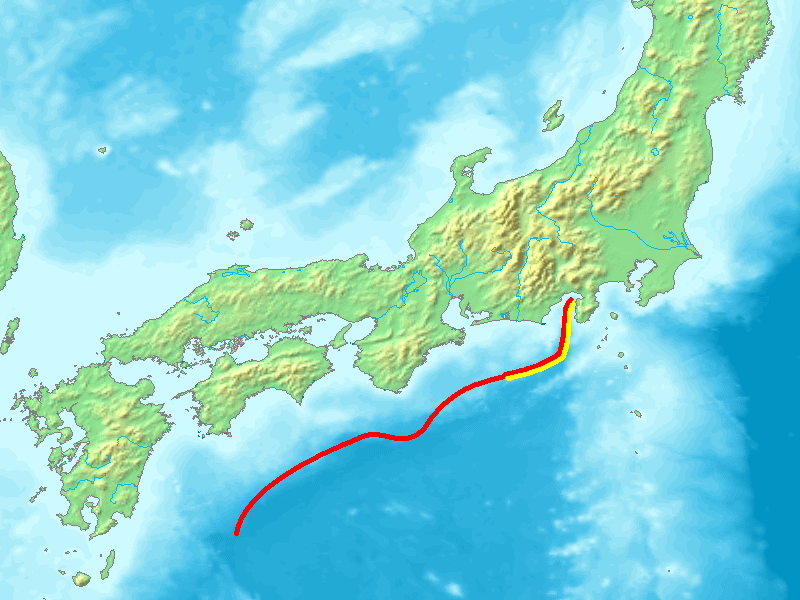First Successful Testing of Menstrual Cups in Space Flight Conditions

In a groundbreaking experiment, scientists have successfully launched menstrual cups into space for the first time, assessing their capability to withstand the extreme conditions of space travel. The AstroCup mission, which took place in October 2022, marks a significant advancement in providing female astronauts with sustainable menstrual health options during extended missions to the Moon and Mars.
Historically, managing menstruation in space has posed a challenge since Sally Ride's historic space shuttle flight in 1983, during which NASA inquired whether 100 tampons would suffice for a week-long mission. Currently, many female astronauts resort to hormonal contraception to suppress menstruation entirely during missions. Although this method offers practical advantages, it raises health concerns, particularly for long-duration missions that could last years, as plans for lunar bases and Mars expeditions develop.
The AstroCup team, spearheaded by Dr. Ligia F. Coelho, a researcher at Cornell University, launched four commercially available menstrual cups aboard the Baltasar rocket during a European competition. Two cups were sent into space, while two remained on the ground as control samples. The rocket ascended over 3 kilometers, exposing the cups to forces up to 16 times greater than Earth's gravity. Rigorous testing was conducted before and after the flight, utilizing water and glycerol to evaluate the cups' structural integrity and leak-proof performance.
Remarkably, the space-flown menstrual cups exhibited no signs of damage and maintained their seal integrity, with no leakage detected during rigorous testing. According to data recorded by onboard sensors, the cups withstood extreme acceleration forces, temperature fluctuations ranging from 32°C to 34°C, and significant drops in atmospheric pressure, falling below 70,000 Pascals at peak altitude.
This successful experiment, detailed in a study published on the arXiv preprint server, demonstrates that menstrual cups could serve as an effective solution for managing menstruation in space. Unlike disposable tampons or pads, reusable cups would significantly reduce waste—an essential consideration in space, where every gram is crucial and disposal options are limited.
Furthermore, this research enhances astronaut autonomy in health care, addressing a critical aspect as more women join space programs globally and missions extend in duration. The findings suggest that as women participate in multiple Artemis missions, they may confront prolonged periods of menstrual suppression, necessitating reliable alternatives.
However, while the AstroCup experiment is encouraging, it represents just a preliminary step. Future studies must explore how these menstrual devices function in lunar and Martian environments, with unique gravitational conditions that could influence menstrual fluid management. Additionally, further research should investigate the performance of menstrual cups over multiple cycles, including their cleaning and storage procedures in space.
In conclusion, the AstroCup mission underscores the feasibility and necessity of testing women’s health technologies in space. As humanity embarks on longer journeys in space, ensuring that female astronauts have safe and effective menstrual management options is not merely a technical challenge; it is an essential requirement for the future of human space exploration. With ongoing research in this domain, the implications for women's health and well-being in space are poised to expand significantly, enhancing the inclusivity and effectiveness of future space missions.
More information can be found in the study by Dr. Ligia F. Coelho and colleagues, titled 'One Giant Leap for Womankind: First Menstrual Cups Tested in Space Flight Conditions,' published on arXiv in 2025.
Advertisement
Tags
Advertisement





